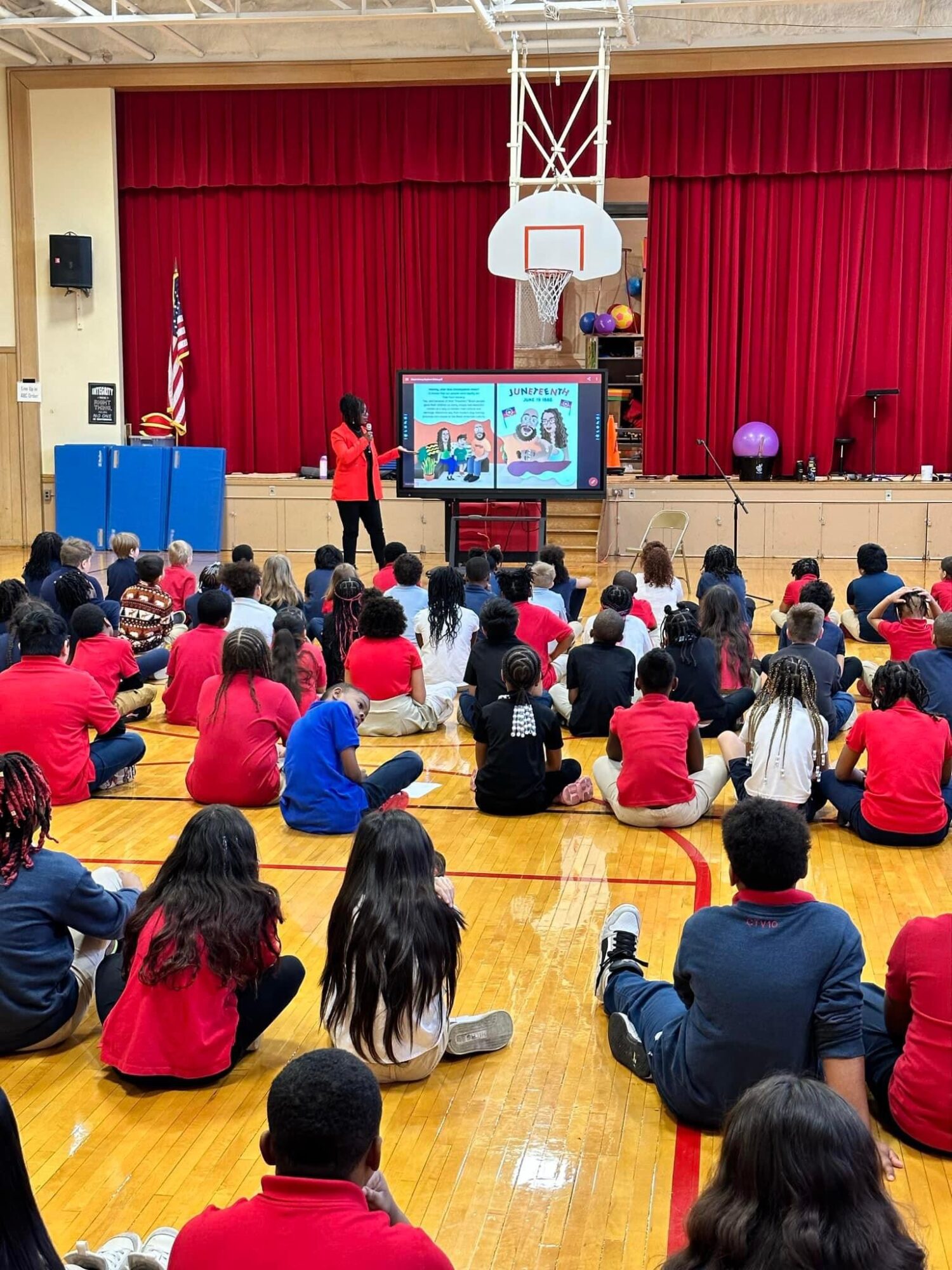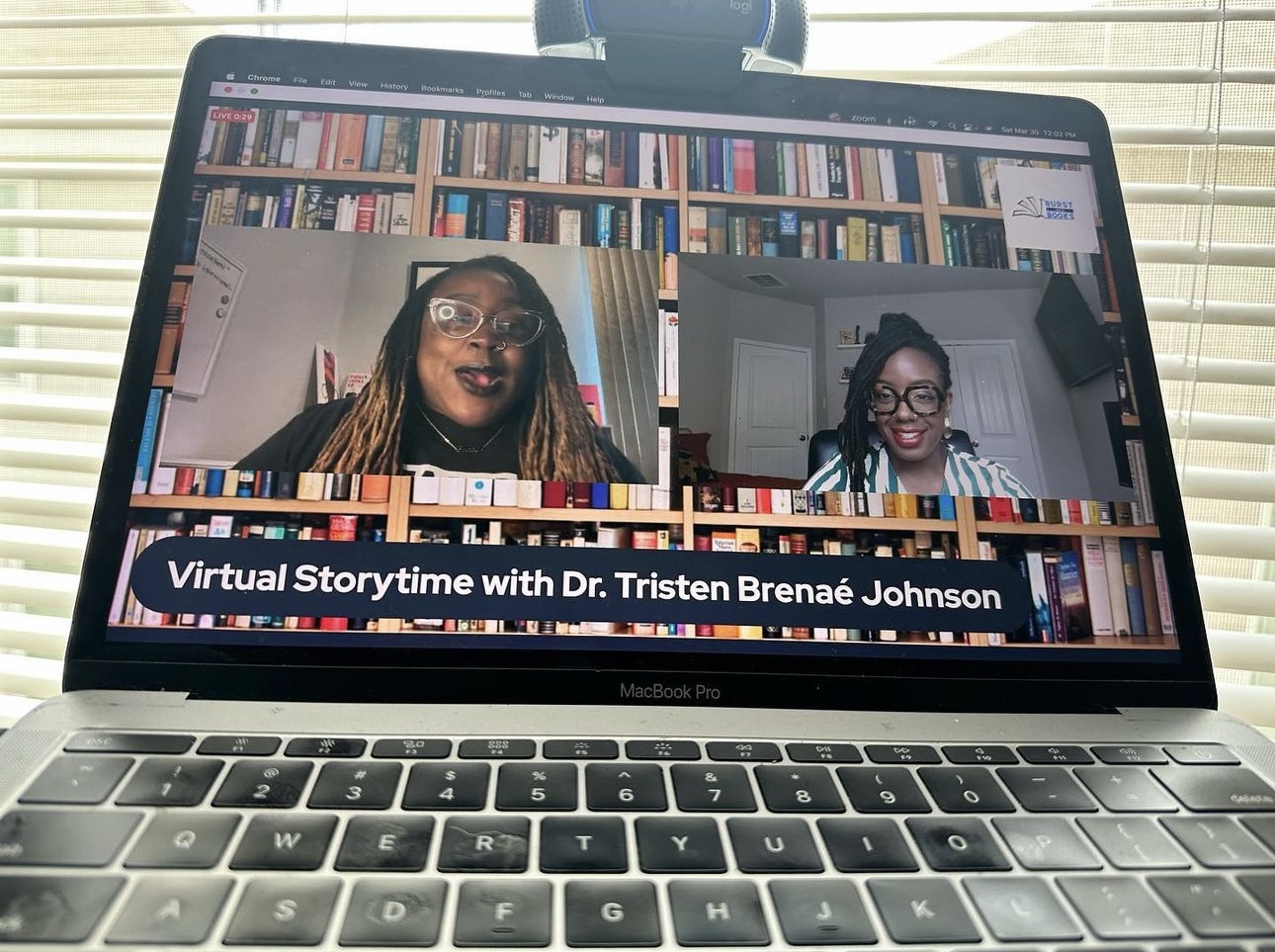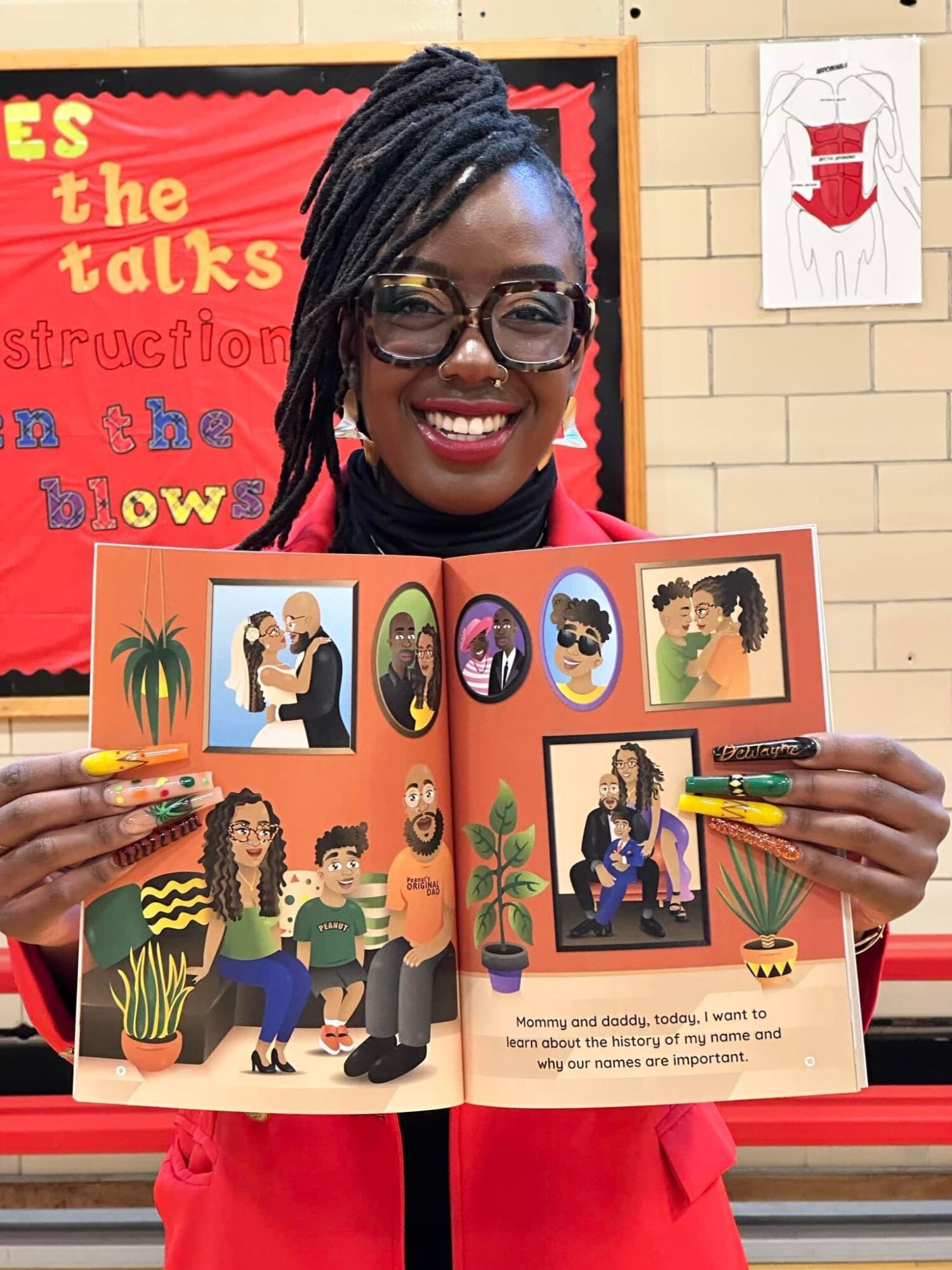

Today we’d like to introduce you to Dr. Tristen Johnson
Hi Dr. Tristen, can you start by introducing yourself? We’d love to learn more about how you got to where you are today?
I began my career in higher education/student affairs. I worked in diversity, equity, and inclusion at three different institutions. In 2019, I decided to turn my experience in training, curriculum development, workshop facilitation, and speaking into my business. I am the founder of The Tristen Johnson LLC. Since the launch of my LLC, I’ve worked with dozens of non-profit, corporate, and higher education institutions to provide them with customized curricula and workshops catered to their organizations’ diverse needs. These sessions center on DEI topics, but I’ve expanded my session to also include topics about leadership, restorative justice, restorative de-escalation tactics, and more. I also write children’s books and published my first children’s book, Black History Explorer: My Name, Our Power! in 2023 under my publishing company, Two Wayne Press, which is under The Tristen Johnson LLC. This book follows the main character Peanut, as his parents teach him about the origin of his name and how Black people in America got their names. This book hopes to encourage young Black children to embrace their uniqueness by learning the history of names and the power their names hold in relation to who they are. I will publish the second book of the Black History Explorer series in 2025. Outside of my children’s book, I also have an academic book, The Experiences of Black Women Diversity Practitioners in Historically White Institutions, which is published through IGI Global. This book centers on Black women’s experiences before, during, and after the dual pandemics at historically white higher education, corporate America, and healthcare institutions and how these experiences have affected their ability to perform their jobs. The stories and research provided offer crucial information for institutions to look inward at the cultures and practices for their organizations that directly impact Black women diversity practitioners. Covering topics such as guidance in leadership, Black woman leadership, and mindfulness training, this premier reference source is an essential resource for higher education staff and administration, Black women diversity practitioners, administration, leaders in business, hospital administration, libraries, students and educators of higher education, researchers, and academicians.
I’m sure it wasn’t obstacle-free, but would you say the journey has been fairly smooth so far?
This work has its ebbs and flows. I’ve worked with organizations ready to address systemic issues on their teams and within their institutions’ culture. I’ve also worked with groups that just aren’t there yet. Now, our country faces great attacks and pushback on DEI. Organizations have stripped DEI from their repertoire and part of their organizational goals. This means that bookings have slowed down for my business. People are afraid to have conversations about DEI and the benefits it has to their teams. States have passed laws banning DEI in education and other aspects of corporate entities. It is especially hard trying to do this work in Texas as Texas is one of those states with strict anti-DEI policies and laws.
I’ve had to be strategic about how I market myself now. Although I still specialize in DEI training and workshops, I’ve shifted to creating workshops about team development, leadership, and other specialized topics. Another challenge is me trying to stay motivated through it all. Doing this work in an anti-DEI country is tough; however, it’s still rewarding because some organizations still want to do this work and still believe in DEI’s success in their companies. Finally, as a Black woman, people expect you to work for free or work for less than you’re worth. I can’t tell you how many times someone has told me, “We don’t have the budget to pay you xyz amount…” or “Are you able to provide us with this service voluntarily…” My answer is always no. I realized that people never ask white people to do things for free and are more willing to find the budget to work with them. They always want us to work for free. It takes so much work to research, write the curriculum, build the sessions, facilitate for multiple group members, and more. I worked hard for my credentials and the knowledge I’ve gained over the years, so I cannot work for free. I’ve become comfortable saying no because I know that more opportunities will come my way.
Thanks – so what else should our readers know about your work and what you’re currently focused on?
I provided an extensive overview of my work in the previous questions. But what sets me apart from others is my ability to create and write curriculum and books from scratch. I know how to cater my research and sessions to the specific needs or any organization that I work with. For example, I created a restorative de-escalation training for transportation drivers for a school district in Illinois. I’ve never worked with transportation drivers before, so I had to do some research about transportation drivers and their individualistic needs when working with students.
Do you have any advice for those looking to network or find a mentor?
Finding a mentor has always been tough for me. I’ve had people who said they would mentor me and then ghosted me down the line. So, the mentors I do have are women who have known me for more than a decade. These women (one being a former professor in my graduate program and then served on my dissertation committee) are women who I trust with my personal life and my professional life. These women check on me even when they don’t hear from me. What’s worked well for me is leaning on them even when I don’t need them for something professional. I would tell someone looking for a mentor is to set clear expectations on what you are looking for in a mentor and have an open conversation with the person you want to mentor you about those expectations. Set deadlines, timelines, how often you want to meet, etc. Those are key to successful mentoring relationships. And also, if it’s not working, do not hesitate to discontinue the relationship.
Contact Info:
- Website: https://www.thetristenjohnsonllc.com
- Instagram: @thetristenjohnsonllc
- Facebook: https://www.facebook.com/TheTristenJohnsonLLC
- Other: https://www.amazon.com/Black-History-Explorer-Name-Power/dp/B0CHLB9V18












